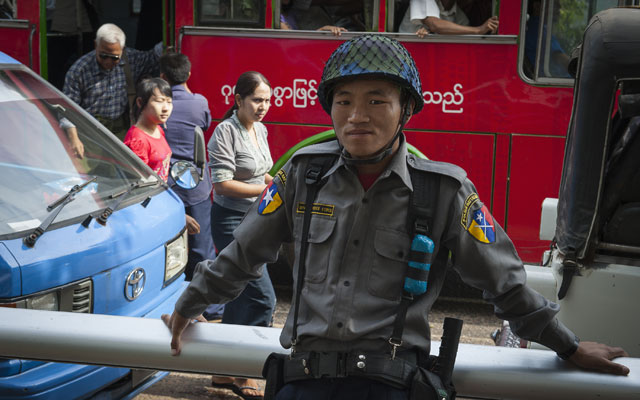This past week, Burma announced the release of 68 child soldiers from its ranks. This latest action is promising, but progress toward ridding the army of its estimated 5,000 child soldiers is likely to be a long and arduous process. The U.S. should maintain pressure on Burma to ensure that it ends its practice of recruiting and maintaining child soldiers in its army.
Last year, Burma signed a Joint Action Plan with the United Nations to discontinue its recruitment of child soldiers and release those already serving in the army. The plan gives Burma until December 2013 to rid the Burmese military of all of its child soldiers, but so far, only 170 children have been released.
The Burmese military has repeatedly denied U.N. forces access to military facilities for the purpose of evaluating the scope of the child-soldier epidemic. And subsequent U.N. reports have suggested that the Burmese military has taken insufficient steps to register and identify children among their ranks.
In addition to child recruitment in the Burmese army, there are also opposition groups that informally recruit child soldiers, such as the Karen National Liberation Army/Karen National Union, the Kachin Independence Army, and the Democratic Karen Benevolent Army. While many of the minority Karen groups have cooperated with the U.N., the Burmese government has not.
Child soldiers are just one of many ongoing human rights violations occurring in Burma. The Obama Administration has rewarded “reformers” in Burma by removing sanctions with little regard for the country’s continued human rights violations. The Administration should ensure that it maintains a level of credibility regarding its use of soft power in Burma.
Without continued dedication to cooperation with the U.N., Burma is unlikely to rid its ranks of child soldiers by December 2013. It’s up to the U.S. and international community to maintain pressure on the Burmese military and ensure that Burma discontinues its recruitment of child soldiers.
